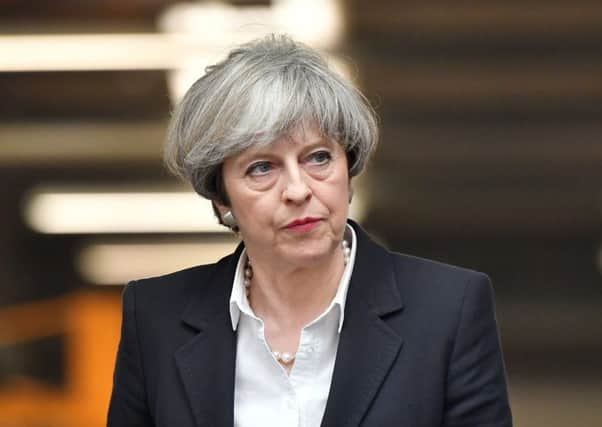Leader comment: Anti-terror measures must not be rushed


There was a call for the general election to be postponed, which mercifully did not gain much traction. There was also immediate criticism of MI5 for failing to detect the hiring of a van and the possession of widely-available knives.
As the dust settles, less fevered analysis has revisited anti-terrorism measures, and possible new legislation. We have been here before, of course, and one stand-out example is Tony Blair’s response to the London bombings of 2005. The then prime minister quickly drew up a dozen new measures to help thwart further attacks, and it barely required the benefit of hindsight to reach the conclusion that much of this could be described as a knee-jerk reaction. Some measures survived, others were never heard of again. The strategy was driven by a desire to be seen to take action when strong leadership was needed. But legislation that is rushed is hardly ever appropriate or even practical.
Advertisement
Hide AdAdvertisement
Hide AdTheresa May’s verdict that “enough is enough” is an uncomfortable conclusion to reach after the London Bridge attack, but her call for a review of counter-terrorism strategy is correct. We know to our cost that the measures put in place after 2005, and since then, have given the police extensive new powers but have not been able to stop the three terrorist attacks on the UK in 2017.
However, we should pause before re-writing the statute book, and act only after thorough consultation on what is required, and what is possible. The time that such an approach would take should not be seen as a frustrating delay, because we must recognise that the threat we face is changing, and there is not an off-the-shelf strategy to counter it. Whatever measures are introduced have to be workable and effective, otherwise they become a waste of time and resource.
But just as importantly, we have to be sure that existing measures are being used properly – there have been claims after recent attacks that the authorities were alerted previously to the behaviour of those involved.
At a time when the public is being asked to be ever-vigilant, and to report any suspicious activity, we have to be confident that this kind of intelligence is being fully utilised.